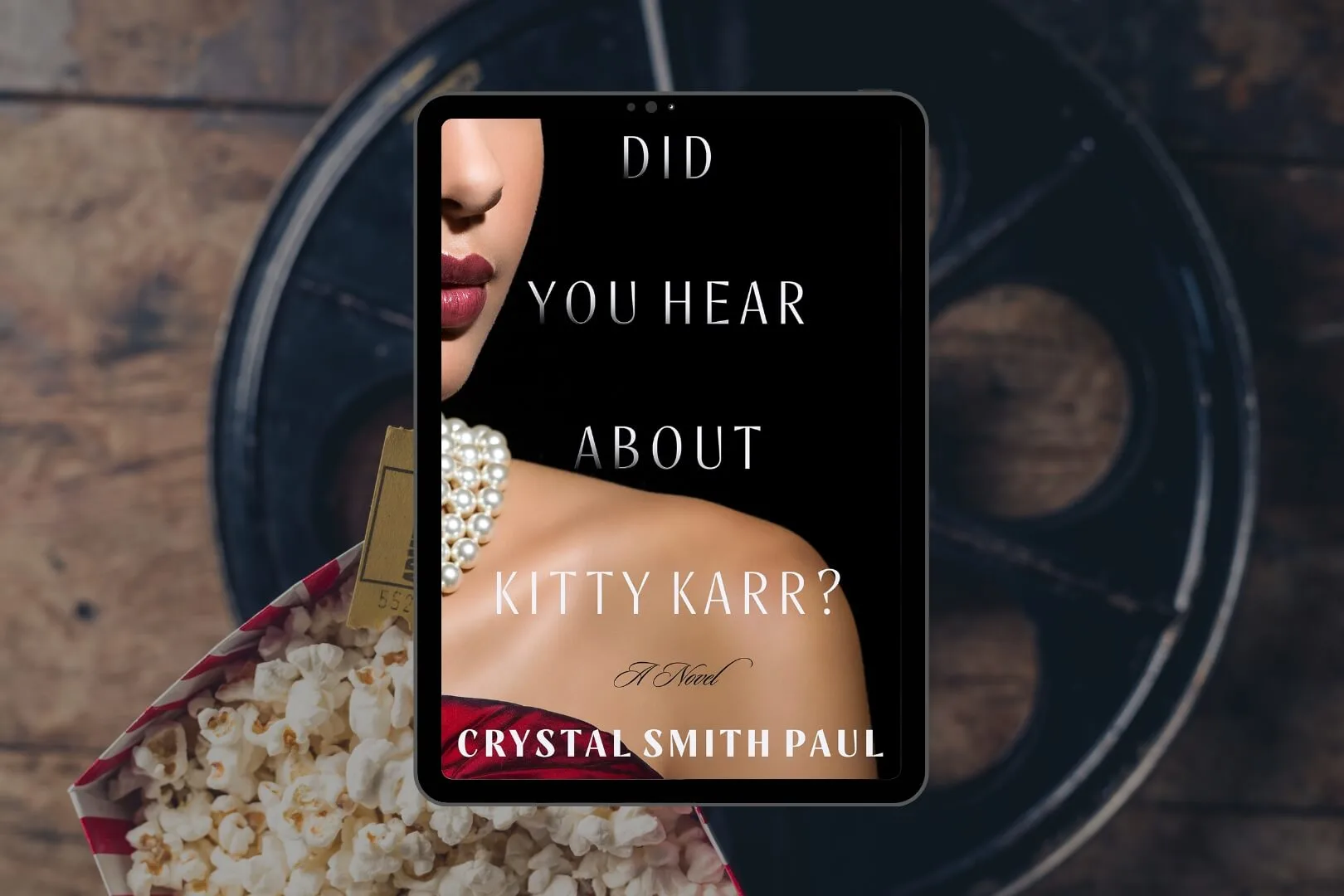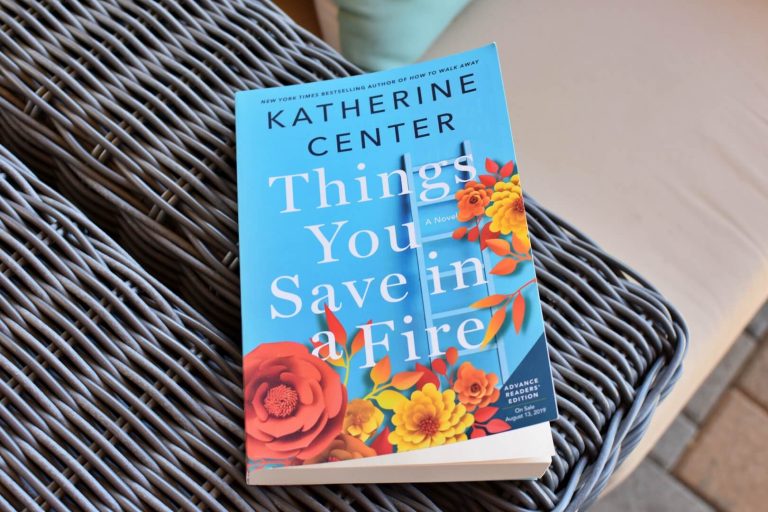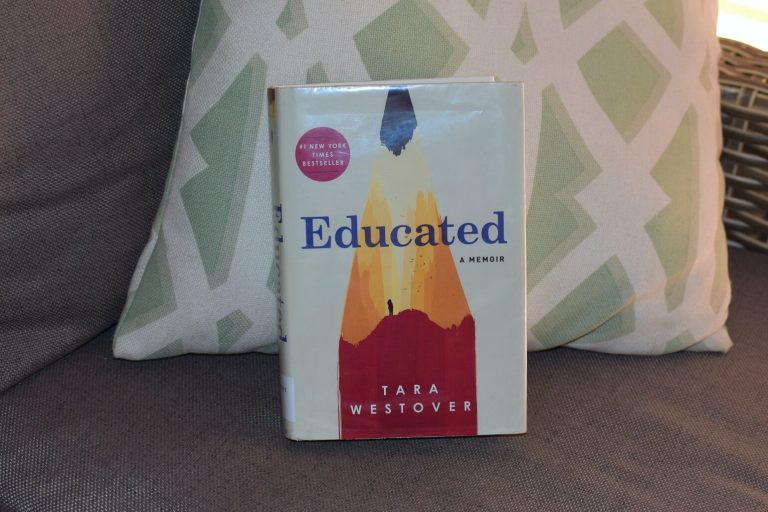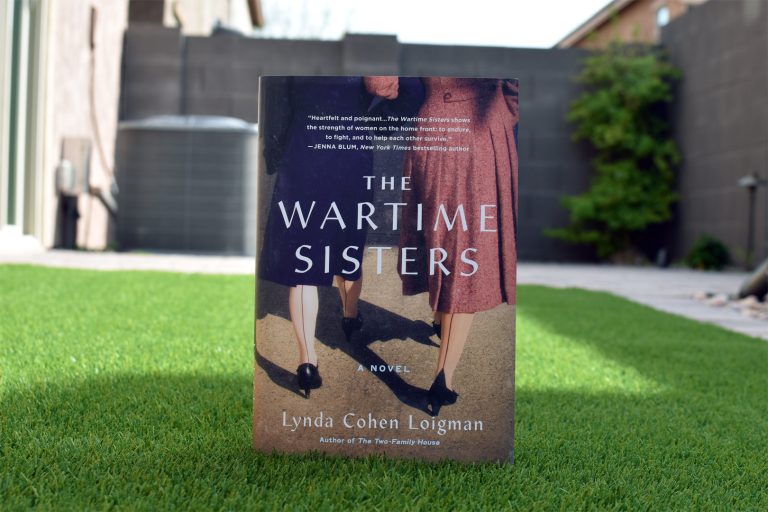This post contains links to products that I may receive compensation from at no additional cost to you. View my Affiliate Disclosure page here.
Book club questions for Did You Hear About Kitty Karr? by Crystal Smith Paul closely examines this compelling story about the impact of racism on generations. There will be spoilers so for more context about the novel, check out my spoiler-free review first.
This story is so good. I could not put it down and I had to know how it would end. It’s interesting because you know the truth ahead of the characters but how it got there is so fascinating. And what the characters do with that information moving forward is also thought-provoking as well.
I wasn’t quite ready to leave the characters when I finished it. I’ll be thinking about this novel for a long time. Let me know your thoughts on the story below!
The Synopsis
When Kitty Karr Tate, a White icon of the silver screen, dies and bequeaths her multimillion-dollar estate to the St. John sisters, three young, wealthy Black women, it prompts questions. Lots of questions.
A celebrity in her own right, Elise St. John would rather focus on sorting out Kitty’s affairs than deal with the press. But what she discovers in one of Kitty’s journals rocks her world harder than any other brewing scandal could―and between a cheating fiancé and the fallout from a controversial social media post, there are plenty.
The truth behind Kitty’s ascent to stardom from her beginnings in the segregated South threatens to expose a web of unexpected family ties, debts owed, and debatable crimes that could, with one pull, unravel the all-American fabric of the St. John sisters and those closest to them.
As Elise digs deeper into Kitty’s past, she must also turn the lens upon herself, confronting the gifts and burdens of her own choices and the power that the secrets of the dead hold over the living. Did You Hear About Kitty Karr? is a sprawling page-turner set against the backdrop of the Hollywood machine, an insightful and nuanced look at the inheritances of family, race, and gender―and the choices some women make to break free of them.
Book Club Questions for Did You Hear About Kitty Karr?
- The novel is told through different timelines and perspectives—mainly Kitty in the past and Elise in the present. Did you like the use of multiple timelines? Were you more engaged with one timeline over the other?
- Why was it important for us to also read Hazel’s, Kitty’s mother, perspective in the beginning?
- Why did Hazel decide Mary (Kitty) should pass as White?
- Mary is devastated when she finds out her mother sent her away to never return home again. She feels she’s left with no choice and now has to live as a White woman. Choices are a big theme of this novel. Do you agree that Mary had no choice in the direction of her life? Or should she had try to go back home to her mother and Richard and live a truthful life?
- How did both Mary and Lillian change once they took on their new names? What are some of the key differences between Kitty and Emma and how they approach passing?
- Some of the women who are passing do so in part to live what they believe is an easier life as a White woman compared to a Black woman during this time period. What are some examples of where it was indeed easier? And what are some key ways it was also much harder to live a life like that?
- Kitty gets somewhat settled into her job at the Hollywood studio and she eventually meets a makeup artist who is also passing. This introduces her to a network of women, both passing and not, who are working to help those suffering through the Jim Crow South. Let’s talk about our thoughts about the sections dedicated to this work by the women.
- Why was acting the right venue for Kitty?
- Kitty eventually embarks on a romance with the studio head, Nathan. Do you feel they were actually in love? Why or why not?
- Once Kitty finds out she’s pregnant, she believes she can’t keep the baby for fear that it will expose her true identity as a Black woman. Again, she believes she has no choice. What are your thoughts on this? Should she have told Nathan the truth? What would have happened if she did?
- Kitty’s midwife Nellie eventually agrees to raise the baby, Sarah, as her own. Kitty ensures they are taken care of but she still wants to see Sarah. She even thinks to herself she’s happy to have a relationship with Sarah but at same time, she doesn’t envy Nellie’s constant motherhood duties. What does this thought process reveal about Kitty?
- Kitty was Elise’s next door neighbor and two develop a special bond. And even when she learns the truth about Kitty—that she was her real grandmother—Elise never blames her for her decisions. While at the same time, Elise is frustrated with her mother and her absence during childhood. Why do you think Elise forgave Kitty but it’s harder for her to come to terms with her mother?
- Sarah reveals that she was so angry when she found out Kitty is her real mother. Let’s talk about the impact of the revelation to Sarah. How did influence her own views of motherhood?
- Why did Kitty wait until she passed away for Elise and the rest of the family to know the truth about their family? Why didn’t she tell Elise when she was alive?
- While Elise thinks it’s time for the public to know the truth—Sarah doesn’t agree. Do you think Kitty wanted the world to know as well?
- Elise wins the best actress Oscar and her in speech she reveals that Kitty is in fact her grandmother and in doing so reveals that Kitty was actually Black. She also said Kitty’s fortune will go to the reparations fund. Why did Elise decide to tell the world then?
- What happens next for Elise and the rest of the family?
Additional Recommendations
Hope you enjoyed book club questions for Did You Hear About Kitty Karr! Here are some more recommendations along with links to book club questions.
The Vanishing Half by Brit Bennett
Another impactful story that covers race in America is The Vanishing Half by Brit Bennett.
The Vignes twin sisters will always be identical. But after growing up together in a small, southern black community and running away at age sixteen, it’s not just the shape of their daily lives that is different as adults, it’s everything: their families, their communities, their racial identities. Many years later, one sister lives with her black daughter in the same southern town she once tried to escape. The other secretly passes for white, and her white husband knows nothing of her past. Still, even separated by so many miles and just as many lies, the fates of the twins remain intertwined. What will happen to the next generation, when their own daughters’ storylines intersect?
Weaving together multiple strands and generations of this family, from the Deep South to California, from the 1950s to the 1990s, Brit Bennett produces a story that is at once a riveting, emotional family story and a brilliant exploration of the American history of passing. Looking well beyond issues of race, The Vanishing Half considers the lasting influence of the past as it shapes a person’s decisions, desires, and expectations, and explores some of the multiple reasons and realms in which people sometimes feel pulled to live as something other than their origins.
As with her New York Times-bestselling debut The Mothers, Brit Bennett offers an engrossing page-turner about family and relationships that is immersive and provocative, compassionate and wise.
Check out my book club questions here.
Memphis by Tara M. Stringfellow
I highly recommend you check out Memphis by Tara M. Stringfellow if you haven’t yet. An engaging and heartbreaking novel.
Summer 1995: Ten-year-old Joan, her mother, and her younger sister flee her father’s explosive temper and seek refuge at her mother’s ancestral home in Memphis. This is not the first time violence has altered the course of the family’s trajectory. Half a century earlier, Joan’s grandfather built this majestic house in the historic Black neighborhood of Douglass—only to be lynched days after becoming the first Black detective in the city. Joan tries to settle into her new life, but family secrets cast a longer shadow than any of them expected.
As she grows up, Joan finds relief in her artwork, painting portraits of the community in Memphis. One of her subjects is their enigmatic neighbor Miss Dawn, who claims to know something about curses, and whose stories about the past help Joan see how her passion, imagination, and relentless hope are, in fact, the continuation of a long matrilineal tradition. Joan begins to understand that her mother, her mother’s mother, and the mothers before them persevered, made impossible choices, and put their dreams on hold so that her life would not have to be defined by loss and anger—that the sole instrument she needs for healing is her paintbrush.
Unfolding over seventy years through a chorus of unforgettable voices that move back and forth in time, Memphis paints an indelible portrait of inheritance, celebrating the full complexity of what we pass down, in a family and as a country: brutality and justice, faith and forgiveness, sacrifice and love.
Check out my book club questions here.
Happy reading!






